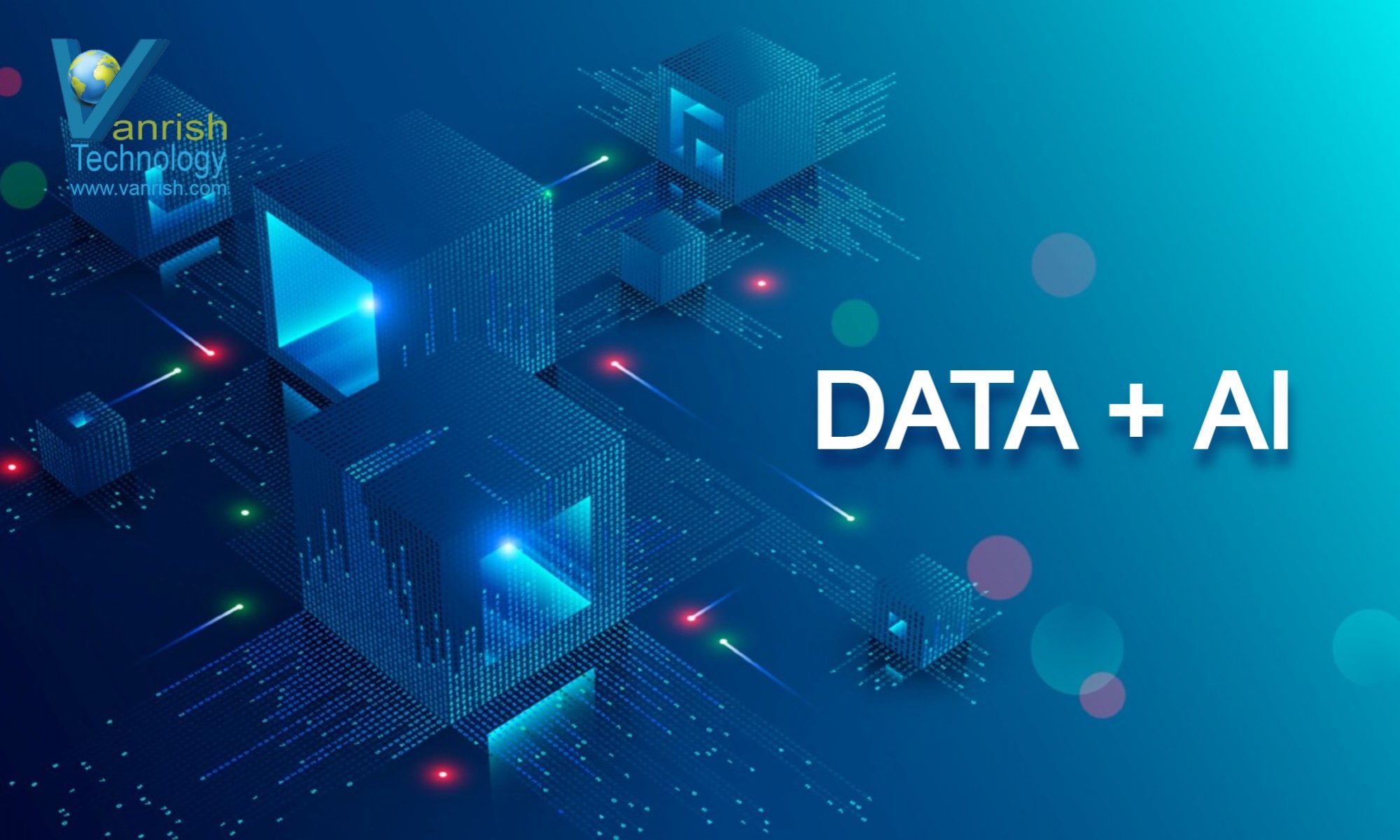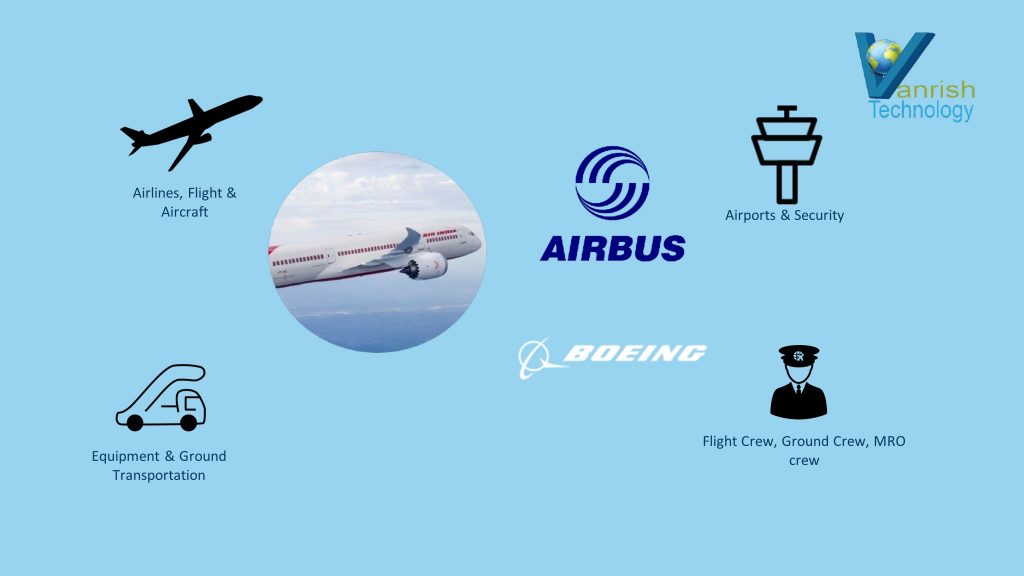When the Wright brothers flew their first plane they never imagined that after 100 years this industry will be one of the biggest and most complex. Initially Airlines were a part of luxury transportation but nowadays it is a necessity for most. Every day thousands of airplanes are flying and millions of passengers are reaching their destination.
To streamline the whole process, all departments of airlines should work synchronously and efficiently. There are a lot of variables involved to execute one task efficiently with a very little margin for error. The airline industry is the best example of machines and humans working together in harmony, which allows tasks to be completed quickly and accurately without any errors. The Airline’s biggest challenge is finding ways to reduce costs while still providing quality service.
Airline industries need to put forward the best process in place in order to remain competitive and profitable. All processes, including, operational structure, route network, fleet size, and pricing strategy need to be digitized and transparent to compete against their competitors and continue to be cost-effective.
Successful Adoption of Digital Transformation is the key to success to Airlines business.
Digital transformation allows Airlines to enable data efficiently and securely. It also helps in reducing the cost of operation and increases the efficiency.
Here are few area where Digital Transformation is helping Airlines to work efficiently and cost-effective .
Market & Partner Data – The Covid pandemic was a big disruption for the Airline market. Tracking and monitoring real-time Covid data after the pandemic is very important in managing your operation efficiently. Airlines work with their partner to get Market Data, Events, Weather, Traveler In-Flux, Reviews, and External Traveler Information for their operation. Integration with partner data is very important to get contextual insights for airlines.
Travel Data – To run the airline industry efficiently their passenger System of Record needs to integrate efficiently. Those system are not limited to Passenger service system (PSS),Computer reservation system ( CRS), Global distribution system (GDS), Enterprise Resource Planning (ERP), Traveler Profile, Fare, Schedule, Availability, Preferences, Assets, and Distribution with Offers & Orders (NDC).
Intent & Sentiment Data – Social Media Platform is one of the invaluable tools for airlines to stay ahead of their competitors. By leveraging Sentiment & Intent Behavior analysis on social media platforms, airlines can better understand passenger preferences and tailor services accordingly. This helps the Airlines build customer loyalty and increase profits over time.
Customer & Services Data – Managing historical customer and service data help airlines to get their customer sentiment and preference. These data includes Demographic and Identity Data, Profile, Cases Contact Center History, and Service Interactions data. This data helps airlines to understand passenger preference and provide better service.
Marketing & Loyalty – Digital Transformation combining predictive analytics and human-centric design to create a more personalized experience to drive growth in loyalty, satisfaction and incremental revenue. It also helps in marketing to track Campaign Metrics, Digital Footprint, Experiential Targeting, Audience Segmentation, Digital Marketplace.
Devices & Location Data – Airlines operation depends on IoT Sensor Data, Telemetry, Mobile, Voice, Geolocation, Location-Based data. This Intelligence based data is revolutionizing procurement through real time decision making. Allow the operational team to know the exact location of goods at any given time.
These are the big impact of digital transformation in airlines industries
- Quicker time to market
- Smooth Transitioning
- Enhanced Business Agility
- Reduce cost
- Innovate and drive operational excellence
Rajnish Kumar, the CTO of Vanrish Technology, brings over 25 years of experience across various industries and technologies. He has been recognized with the “AI Advocate and MuleSoft Community Influencer Award” from the Salesforce/MuleSoft Community, showcasing his dedication to advancing technology. Rajnish is actively involved as a MuleSoft Mentor/Meetup leader, demonstrating his commitment to sharing knowledge and fostering growth in the tech community.
His passion for innovation shines through in his work, particularly in cutting-edge areas such as APIs, the Internet Of Things (IOT), Artificial Intelligence (AI) ecosystem, and Cybersecurity. Rajnish actively engages with audiences on platforms like Salesforce Dreamforce, World Tour, Podcasts, and other avenues, where he shares his insights and expertise to assist customers on their digital transformation journey.



